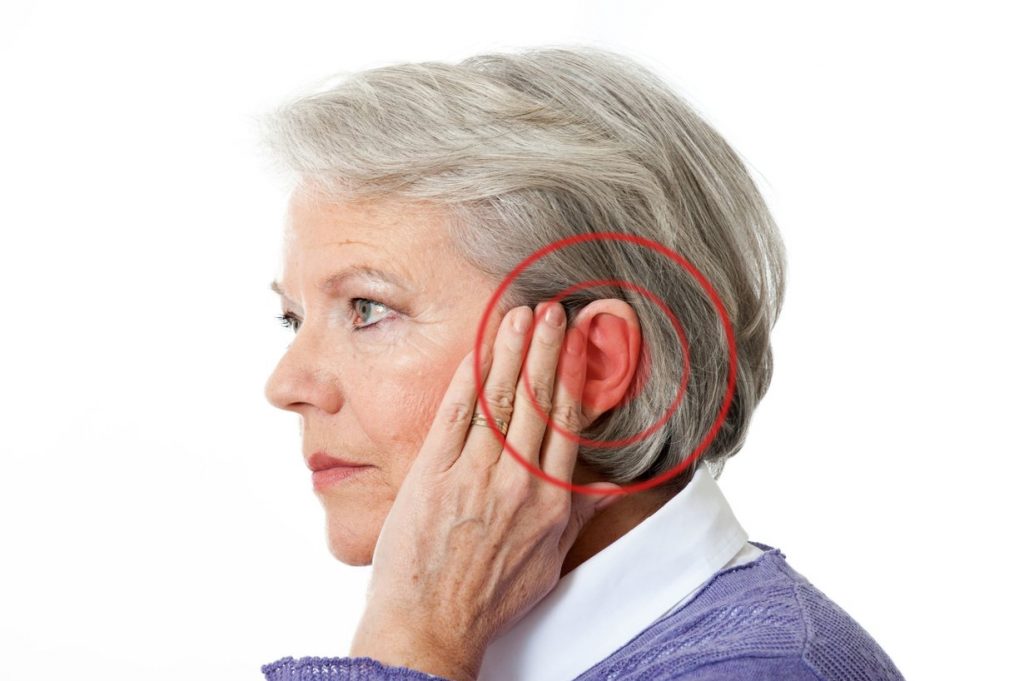Pulsatile tinnitus is a unique form of tinnitus that could impact your quality of life without you even knowing. At Advanced Ear, Nose & Throat Associates in Atlanta, GA, we specialize in treating this form of tinnitus and are committed to reestablishing your wellbeing.
What Is Tinnitus?
Tinnitus is pervasive ringing in the ears that may impact the sufferer’s quality of life. In most cases, the ringing is a noise that is exclusively experienced by the patient. This noise is created deep within the brain’s auditory centers, and there are often no precise testing methods to detect the noise.
Tens of millions of Americans experience this unpleasant ringing in the ears. One in four patients report that the discomfort is so great that it dramatically affects social interactions, sleep cycles, and mood. Tinnitus may trigger depression and anxiety because of its disruptive nature.
Tinnitus Types
There are four types of tinnitus, and some types are more common than others:
- Subjective tinnitus (most common)
- Neurological tinnitus
- Somatic tinnitus
- Objective tinnitus
Tinnitus Subtypes
Besides the four types of tinnitus, there are also several subtypes. These subtypes are defined by the symptoms present within each condition. Examples of these subtypes include:
- Musical tinnitus
- Low-frequency tinnitus
- Pulsatile tinnitus
Pulsatile tinnitus is a condition that we often see in our office. Still, few patients know about it before diagnosis. There are several key differences with this type of tinnitus when compared to more common varieties.
What Is Pulsatile Tinnitus?
Unlike the steady ringing found in many other tinnitus types, this type of tinnitus presents as a rhythmic tone. Often, clients report that the noise or sensation pulsates at the same rate as the heart or seems like a swoosh or whoosh sensation. The blood pumping through the arteries creates an audible sound.
As many as 60% of patients experiencing this rhythmic form of tinnitus also experience anxiety and depression because of the constant noise and disruptions to daily life.
What Causes Pulsatile Tinnitus?
The causes for this form of tinnitus differ from the more common types of the condition. Many cases of tinnitus are caused by exposure to loud noises, aging, middle ear infections, accumulated ear wax, TMJ, or medications like aspirin.
Conversely, the pulsatile type of tinnitus is attributed to a change in blood flow to the vessels in or around the ear or altered personal awareness. There are many ways the blood flow may change to contribute to this condition. Some of the most common ways include:
- Abnormal middle ear artery development
- Anemia (severe)
- Blood vessel irregularities
- Glue ear
- Hardened arteries
- High blood pressure
- Hyperthyroidism
- Idiopathic intracranial hypertension
- Perforated eardrum
What Are the Symptoms of Pulsatile Tinnitus?
The hallmark symptom of this type of tinnitus is the rhythmic noise or ringing in the ears. The sound will match your heartbeat. One way to check for this condition is to take your pulse while observing the ringing in your ears. If they match, you may suffer from the pulsatile type of tinnitus.
Many other symptoms present themselves with this type of tinnitus, but these symptoms come from the life-quality loss resulting from the noise. Often sleep disturbances are the first noticeable accompanying symptom.
Interrupted sleep or low-quality sleep can contribute to a variety of symptoms, including:
- Difficulty concentrating
- Depleted energy
- Fatigue
- Forgetfulness
- Mood disturbances
- Weight gain
How Is Pulsatile Tinnitus Treated?
As with all forms of tinnitus, we treat this form by confronting the underlying cause. Tinnitus is not a cause within itself but a symptom of another condition. Once we have a better understanding of what is causing the rhythmic noise in your ears, we can better work to treat the condition.
Lifestyle
When diet and lifestyle are the underlying cause of the unpleasant ringing, we usually use a combination treatment that includes medication and diet changes. Some common lifestyle changes we suggest include:
- Eating a low-sodium diet
- No smoking
- Taking regular exercise
- Applying stress reduction techniques
Sound Therapy
Another common way to treat this condition is with sound therapy. Sound therapy techniques like white noise can help cancel out the ringing in the ears.
Preserve Hearing
Because tinnitus is intrinsically linked to hearing, we do everything we can to preserve hearing while preventing hearing loss. Some tinnitus cases respond well to medication and other treatments. In other instances, Tinnitus Retraining Therapy (TRT) is the best solution.
Tinnitus Retraining Therapy
In TRT, we use a device to transmit a carefully controlled and modulated noise to the brain’s auditory system. This treatment has proven effective for the long-term suppression of these auditory centers.
Tinnitus Is Always a Medical Concern
At Advanced Ear, Nose, & Throat Associates in Atlanta, Georgia, we always consider tinnitus a medical problem. We assure our patients that tinnitus isn’t something you need to endure as the natural consequence of aging or as a simple psychological problem.
When Is It Time to See a Specialist?
It’s a good idea to see a specialist if any symptoms of tinnitus are troubling you. Because tinnitus is a symptom of another condition, it’s important to find out what is causing the ringing. Many times the causes are benign, but in some cases, the reason is serious.
All forms of tinnitus inhibit the health and wellbeing you deserve, but the pulsatile type is among the most challenging to endure. You don’t have to suffer through tinnitus. Contact us to schedule an appointment and get the help you deserve.
Contact Us
Don’t let pulsatile tinnitus disrupt your life. Our highly trained, doctor-led hearing care staff is ready to help you. Contact us at Advanced Ear, Nose & Throat Associates in Atlanta, GA, to schedule an appointment.

